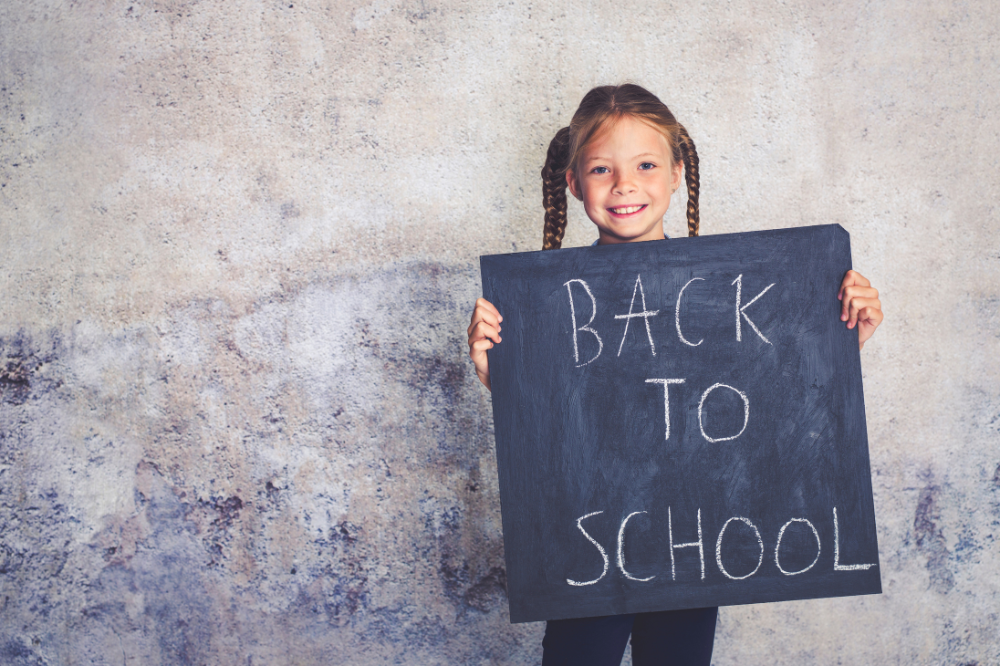
As Australian students prepare to return to classrooms, education experts from Australian Catholic University have shared practical advice for a successful and stress-free start to the 2025 school year. Their guidance covers everything from early education milestones to supporting senior students, fostering inclusion, and ensuring educators’ wellbeing.
Supporting early learners
For families of children beginning kindergarten or primary school, Dr Victoria Minson emphasised the importance of making the transition positive.
“In the days leading up to school or kindergarten, talk about it in a positive way,” Minson advised. “It’s so important to set the tone from the outset of education being an exciting, valuable, and fun lifelong experience.”
Minson also recommended using everyday routines to prepare children for school. This includes practising with lunchboxes, setting up sleep schedules, and encouraging independence through tasks like packing belongings and asking for help.
Managing senior school demands
For older students navigating the pressures of senior secondary school, associate professor Steven Lewis highlighted the need for balance.
“Work out a schedule that allows time for study, rest and the things that you enjoy, such as playing sport or socialising with friends,” he said. “It’s also worth remembering that while you might have a career goal in mind for life after school, there are always many pathways to get there, and they don’t all hinge entirely on your ATAR.”
Inclusion for students with additional needs
Inclusive education expert Dr Matthew White encouraged families of students with additional needs to engage early with schools.
“Reflect on the achievements of the previous year and consider what goals you wish your child to achieve over the course of the year,” White said. “Consider the reasonable adjustments the teachers might make for your child to achieve those goals.”
For children hesitant about returning to school, White suggested re-establishing routines and starting conversations about their concerns early.
Prioritising child safety
To ensure children’s wellbeing, professor Daryl Higgins urged parents and guardians to discuss school safeguarding policies.
“Ask about their safeguarding policy – where is it, what does it cover, what types of issues have come up, and how have they addressed them at the school in the past,” he said.
Professor Higgins also encouraged families to talk to children about body privacy, respecting others, and appropriate behaviours.
Wellbeing advice for educators
Teacher mental health expert Dr Debra Phillips stressed the importance of educators prioritising their own wellbeing. She encouraged teachers to create a mental health care plan, likening it to securing one’s oxygen mask before helping others.
Phillips recommended strategies such as regular exercise, taking breaks during the school day, eating nutritious meals, staying hydrated, and setting boundaries on screen time and evening work.
“It is important to remember why we still teach because a sense of purpose gives meaning to life and offers the protective stamina to navigate through difficult situations,” she said.


